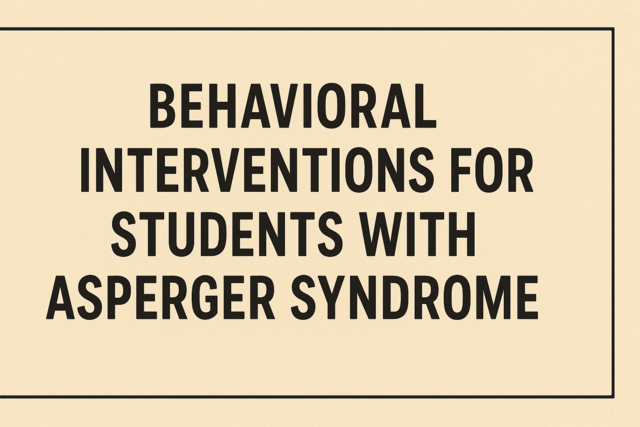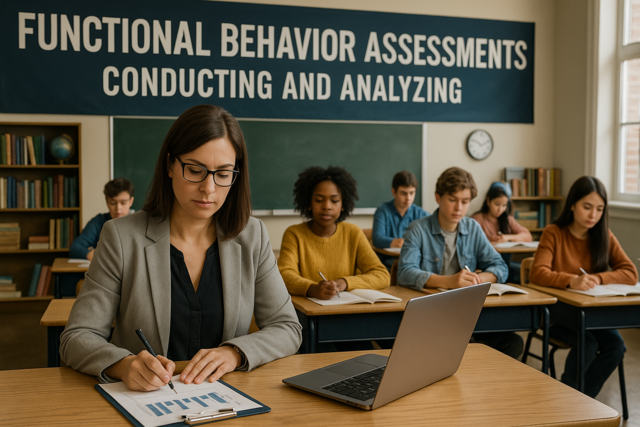Online Class: Developing Literacy Skills in Students with Disabilities

-
15Lessons
-
22Exams &
Assignments -
5Hours
average time -
0.5CEUs
Course Description
Imagine a world where every student unlocks their potential, where educators hold the key to transform barriers into bridges, and where every classroom hums with the harmony of inclusivity and empowerment. Welcome to "Developing Literacy Skills in Students with Disabilities"—a course that goes beyond traditional teaching, crafting an enriching tapestry of understanding, innovation, and impact.
Have you ever dreamed of making a profound difference in the lives of students who need it most? This course is your gateway. It invites you to journey through the captivating landscape of literacy and educational equity, challenging norms and unlocking the secrets to successful teaching strategies that adapt to each student's unique needs.
Picture yourself as an architect of possibility, shaping futures and empowering learners with disabilities to reach their highest potential. This course doesn't just provide tools; it instills a new lens through which to view education—a lens that sees each child not for their challenges, but for the boundless possibilities within.
From the moment you engage with the content, you will find yourself enveloped in a compelling narrative that seamlessly connects theory with practice. You'll delve into techniques that transcend conventional methods, embracing multisensory learning, adaptive technologies, and personalized strategies that bring the magic of literacy to students who have been misunderstood or underserved.
Tailoring literacy strategies is like composing a symphony where each note represents a facet of learning: the rhythms of auditory techniques, the tactile essence of kinesthetic activities, the vibrant visuals that light up comprehension. By harmonizing these elements, you'll create an inclusive classroom dynamic, one that is not only educational but profoundly transformative.
With the guidance of experts, you'll explore the profound impact of positive parental influence and the role of community in building literacy skills. The course invites you to engage with narratives that showcase real-world successes and challenges, helping you to see the broader impact of each strategy you learn.
However, the true power of this course lies not just in acquiring knowledge but in the metamorphosis it ignites within you as an educator. As you unravel the intricacies of literacy development for students with disabilities, you evolve. You become a catalyst for change, equipped with the skills, insights, and confidence to make an indelible mark on the hearts and minds of your students.
Your journey does not end when the course concludes. The community you will build with fellow educators and the ongoing access to updated resources ensure that you remain a part of a vibrant, ever-evolving educational movement. This isn't just a course; it's a lifelong commitment to championing accessibility and empowerment in education.
We recognize the profound impact educators can make when equipped with the right tools and mindset. That's why we meticulously crafted this course to be a beacon of excellence, standing apart from other online offerings. We understand the challenges and aspirations of educators, and we're here to fuel your passion and drive your success.
The question isn't whether this course will change your approach to teaching. The question is how far you can take these insights to ignite change and inspire greatness. Are you ready to embark on this transformative journey? The future waits for no one—and the students who count on you deserve the best.
Join us in revolutionizing the way we educate learners with disabilities. Become a leader in this critical field and witness the incredible transformation that your dedication can bring. Enroll now and take the first step toward a future filled with possibility and promise. The gateway to becoming an impactful, unforgettable educator awaits. Are you ready to unlock it?
- Business
- Business Ethics Courses
- Harassment Prevention Courses
- Human Resources Certifications
- Management
- Aromatherapy Courses
- Caregiver Courses
- Career Development Courses
- Communications Courses
- Confidence and Self Esteem Courses
- Healing
- Human Anatomy Courses
- Medical Skills
- Health & Medicine
- Nutrition
- Marketing
- Microsoft Office Certification Courses
- Life Coaching Courses
- Self-Improvement
- Small Business Certifications
- Safety
- Writing Improvement
- Business Writing Courses
Course Lessons
Lesson 1. Tailoring Literacy Strategies for Diverse Learners with Disabilities
 Lesson discussions: Reasons for Taking this Course
Lesson discussions: Reasons for Taking this Course Assessment: Lesson 1 Review Exam
Assessment: Lesson 1 Review Exam
Lesson 2. Multisensory Learning and Literacy: A New Approach
 Assessment: Lesson 2 Review Exam
Assessment: Lesson 2 Review Exam
Lesson 3. Phonemic Awareness: Key to Reading Success
 Complete: Lesson 3 Activity
Complete: Lesson 3 Activity Assessment: Lesson 3 Review Exam
Assessment: Lesson 3 Review Exam
Lesson 4. Multisensory Techniques in Literacy Development
 Complete: Lesson 4 Activity
Complete: Lesson 4 Activity Assessment: Lesson 4 Review Exam
Assessment: Lesson 4 Review Exam
Lesson 5. Inclusive Literacy: Bridging Barriers with Technology
 Assessment: Lesson 5 Review Exam
Assessment: Lesson 5 Review Exam
Lesson 6. Adaptive Techniques for Enhancing Literacy in Special Education
 Complete: Lesson 6 Activity
Complete: Lesson 6 Activity Assessment: Lesson 6 Review Exam
Assessment: Lesson 6 Review Exam
Lesson 7. Personalized Vocabulary Instruction: Tools and Techniques
 Complete: Lesson 7 Activity
Complete: Lesson 7 Activity Assessment: Lesson 7 Review Exam
Assessment: Lesson 7 Review Exam
Lesson 8. Tailoring Education for Diverse Learning Styles
 Assessment: Lesson 8 Review Exam
Assessment: Lesson 8 Review Exam
Lesson 9. Literacy Assessment: Bridging Gaps for Students with Disabilities
 Complete: Lesson 9 Activity
Complete: Lesson 9 Activity Assessment: Lesson 9 Review Exam
Assessment: Lesson 9 Review Exam
Lesson 10. Empowering Literacy: The Role of Positive Parental Influence on Children with Disabilities
 Complete: Lesson 10 Activity
Complete: Lesson 10 Activity Assessment: Lesson 10 Review Exam
Assessment: Lesson 10 Review Exam
Lesson 11. Crafting a Personalized Literacy Approach: Recognizing and Supporting the Diverse Needs of Disabled Students
 Complete: Lesson 11 Activity
Complete: Lesson 11 Activity Assessment: Lesson 11 Review Exam
Assessment: Lesson 11 Review Exam
Lesson 12. Fostering Inclusivity Through Understanding Learning Differences
 Assessment: Lesson 12 Review Exam
Assessment: Lesson 12 Review Exam
Lesson 13. Revolutionizing Literacy: The Power of Visual Supports in Education
 Assessment: Lesson 13 Review Exam
Assessment: Lesson 13 Review Exam
Lesson 14. Storytelling for Every Learner: Inclusivity and Innovation
 Assessment: Lesson 14 Review Exam
Assessment: Lesson 14 Review Exam
Lesson 15. Harmonizing Education: The Dynamic Dance of Disability and Digital Literacy
 Lesson discussions: End of Course Poll; Course Comments
Lesson discussions: End of Course Poll; Course Comments Assessment: Lesson 15 Review Exam
Assessment: Lesson 15 Review Exam
Learning Outcomes
- Demonstrate tailored educational strategies that accommodate unique learning profiles to enhance literacy outcomes for students with disabilities.
- Recognize and describe diverse cognitive abilities and their impact on literacy development for students with disabilities.
- Demonstrate strategies for implementing multisensory approaches in literacy instruction, incorporating visual, auditory, and kinesthetic-tactile methods to address diverse learning needs.
- Identify and describe specific learning disabilities such as dyslexia, dysgraphia, and auditory processing disorders and their impact on literacy skills.
- Demonstrate the ability to identify phonemic deficits in students with disabilities through early screening and implement appropriate interventions.
- Recognize and manipulate individual phonemes to enhance reading fluency and spelling skills.
- Demonstrate an understanding of multisensory instruction by describing how it engages visual, auditory, tactile, and kinesthetic senses to enhance learning and retention.
- Identify specific multisensory strategies that can be applied to improve literacy skills in students with disabilities, and measure the effectiveness of these strategies through examples and evidence.
- Define and ensure that students can accurately demonstrate the use of speech-to-text applications to convey ideas, thus improving participation and expression.
- Describe and interpret how text-to-speech software supports reading comprehension and promotes engagement among students with reading difficulties by facilitating auditory learning pathways.
- Demonstrate the ability to use running records to assess reading levels and tailor instruction to improve specific literacy skills.
- Identify specific strategies within the Multi-Tiered System of Supports (MTSS) to effectively address diverse literacy needs among students with disabilities.
- Define multisensory learning techniques and demonstrate their application in vocabulary teaching for students with disabilities.
- Demonstrate mastery of lesson content at levels of 70% or higher.
Additional Course Information

- Document Your Lifelong Learning Achievements
- Earn an Official Certificate Documenting Course Hours and CEUs
- Verify Your Certificate with a Unique Serial Number Online
- View and Share Your Certificate Online or Download/Print as PDF
- Display Your Certificate on Your Resume and Promote Your Achievements Using Social Media

Related Courses
-
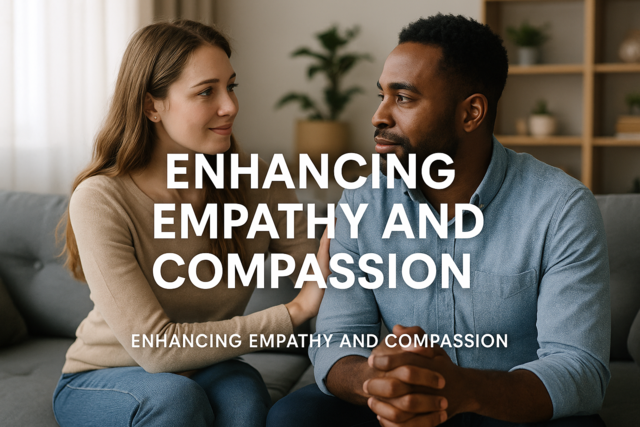 7 hours
0.7 CEUs
Enhancing Empathy and Compassion
+ More Info
7 hours
0.7 CEUs
Enhancing Empathy and Compassion
+ More Info
-
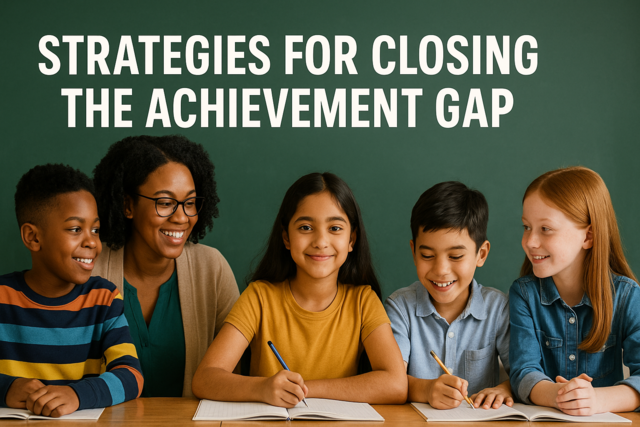 7 hours
0.7 CEUs
Strategies for Closing the Achievement Gap
+ More Info
7 hours
0.7 CEUs
Strategies for Closing the Achievement Gap
+ More Info
-
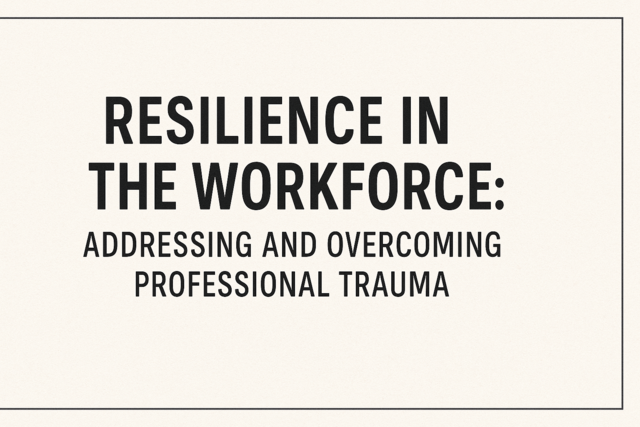 4 hours
0.4 CEUs
Resilience in the Workforce: Addressing and Overcoming Professional Trauma
+ More Info
4 hours
0.4 CEUs
Resilience in the Workforce: Addressing and Overcoming Professional Trauma
+ More Info
-
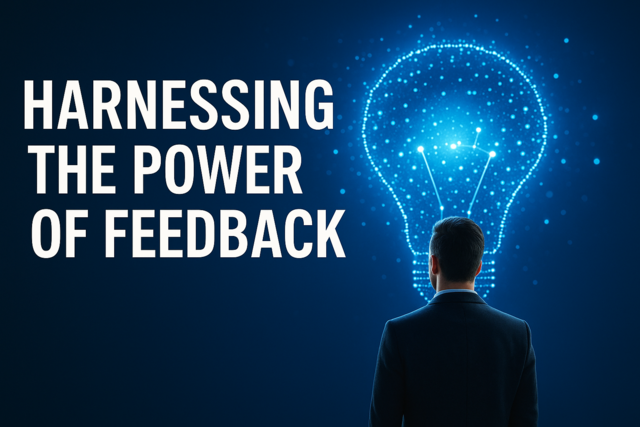 5 hours
0.5 CEUs
Harnessing the Power of Feedback
+ More Info
5 hours
0.5 CEUs
Harnessing the Power of Feedback
+ More Info
-
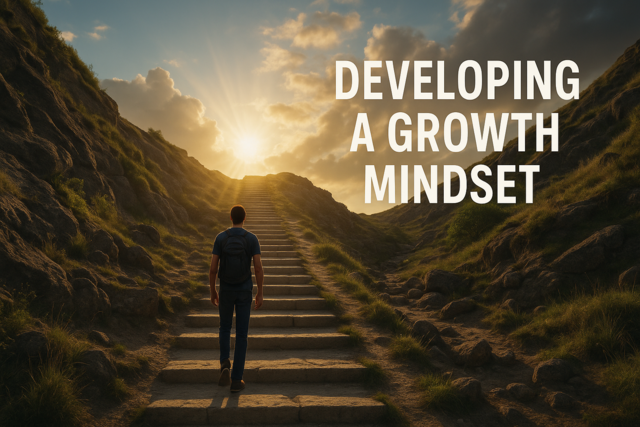 5 hours
0.5 CEUs
Developing a Growth Mindset
+ More Info
5 hours
0.5 CEUs
Developing a Growth Mindset
+ More Info
-
 4 hours
0.4 CEUs
Assertiveness Training for Professionals
+ More Info
4 hours
0.4 CEUs
Assertiveness Training for Professionals
+ More Info
-
 6 hours
0.6 CEUs
Public Speaking with Confidence
+ More Info
6 hours
0.6 CEUs
Public Speaking with Confidence
+ More Info
-
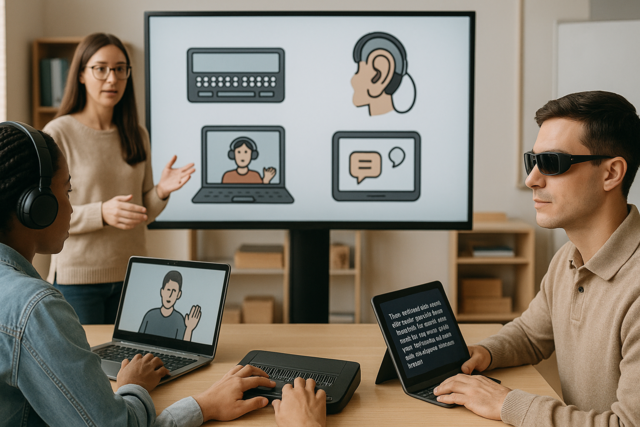 7 hours
0.7 CEUs
Assistive Technology for Vision and Hearing Impairments
+ More Info
7 hours
0.7 CEUs
Assistive Technology for Vision and Hearing Impairments
+ More Info
-
 6 hours
0.6 CEUs
Intuitive Insights: Harnessing Gut Feelings for Better Bonds
+ More Info
6 hours
0.6 CEUs
Intuitive Insights: Harnessing Gut Feelings for Better Bonds
+ More Info
-
 6 hours
0.6 CEUs
Timeless Aesthetics: Navigating Luxury Brand Evolution
+ More Info
6 hours
0.6 CEUs
Timeless Aesthetics: Navigating Luxury Brand Evolution
+ More Info
-
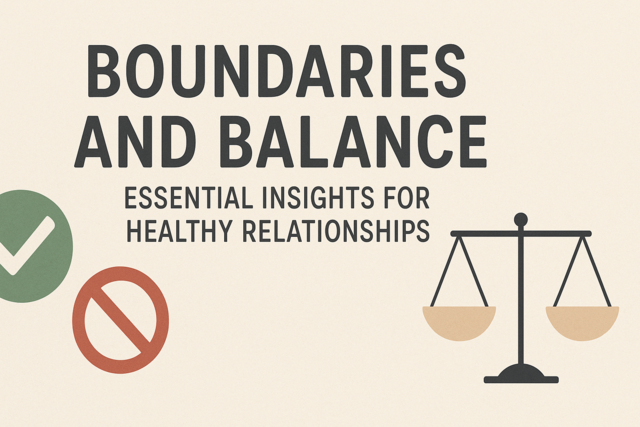 6 hours
0.6 CEUs
Boundaries and Balance: Essential Insights for Healthy Relationships
+ More Info
6 hours
0.6 CEUs
Boundaries and Balance: Essential Insights for Healthy Relationships
+ More Info
-
 4 hours
0.4 CEUs
Creating a Culture of Collaboration
+ More Info
4 hours
0.4 CEUs
Creating a Culture of Collaboration
+ More Info
-
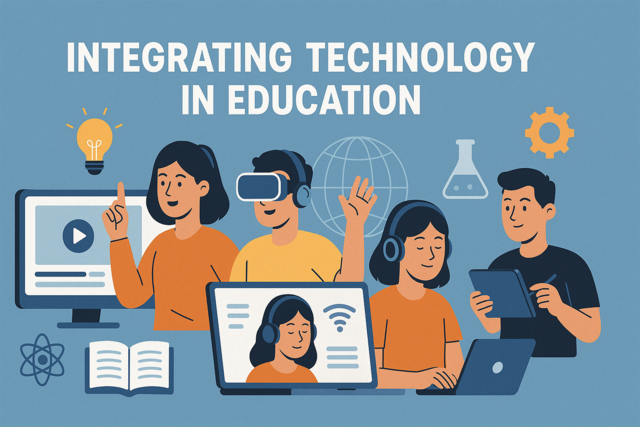 7 hours
0.7 CEUs
Integrating Technology in Education
+ More Info
7 hours
0.7 CEUs
Integrating Technology in Education
+ More Info
-
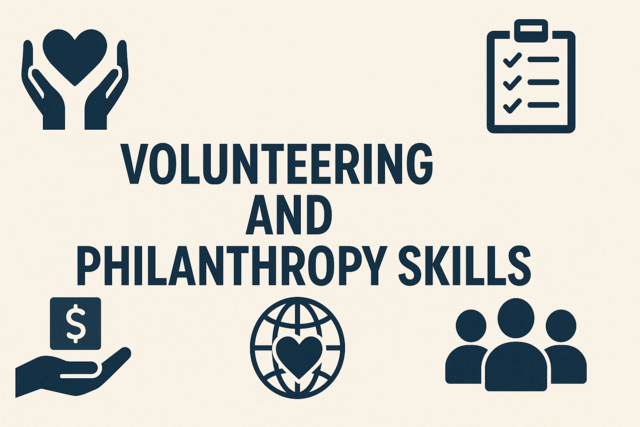 7 hours
0.7 CEUs
Volunteering and Philanthropy Skills
+ More Info
7 hours
0.7 CEUs
Volunteering and Philanthropy Skills
+ More Info
-
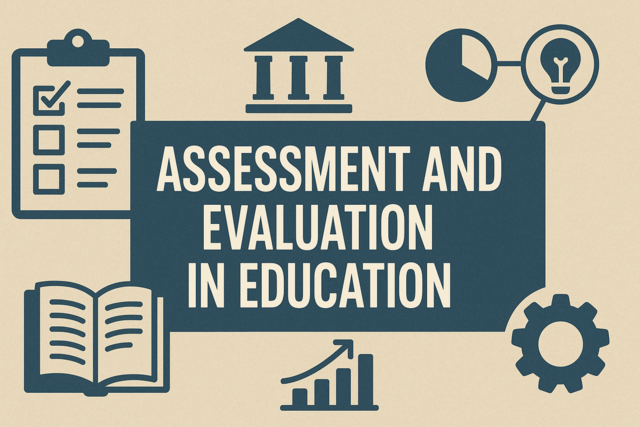 6 hours
0.6 CEUs
Assessment and Evaluation in Education
+ More Info
6 hours
0.6 CEUs
Assessment and Evaluation in Education
+ More Info
-
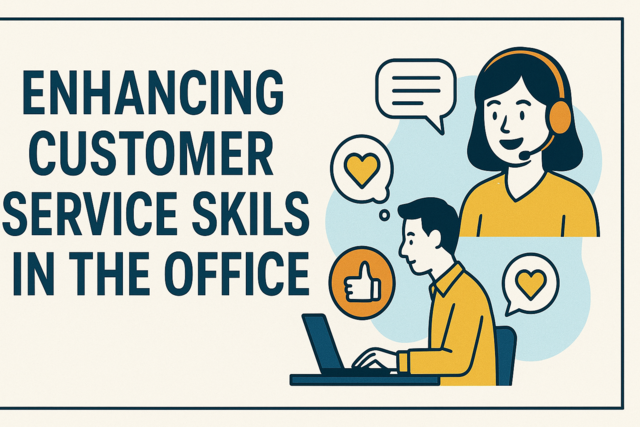 6 hours
0.6 CEUs
Enhancing Customer Service Skills in the Office
+ More Info
6 hours
0.6 CEUs
Enhancing Customer Service Skills in the Office
+ More Info
-
 5 hours
0.5 CEUs
Self-Discipline and Motivation Strategies
+ More Info
5 hours
0.5 CEUs
Self-Discipline and Motivation Strategies
+ More Info
-
 5 hours
0.5 CEUs
Footprint of Fashion: Trends Shaping Modern Luxury Brands
+ More Info
5 hours
0.5 CEUs
Footprint of Fashion: Trends Shaping Modern Luxury Brands
+ More Info
-
 6 hours
0.6 CEUs
Legacy Building: Creating a Family Culture to Last
+ More Info
6 hours
0.6 CEUs
Legacy Building: Creating a Family Culture to Last
+ More Info
-
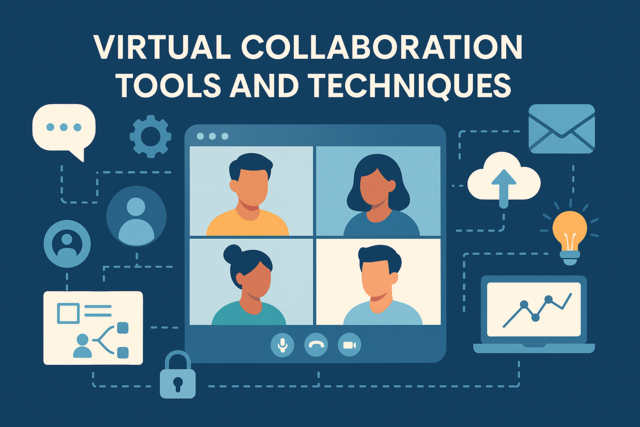 5 hours
0.5 CEUs
Virtual Collaboration Tools and Techniques
+ More Info
5 hours
0.5 CEUs
Virtual Collaboration Tools and Techniques
+ More Info
-
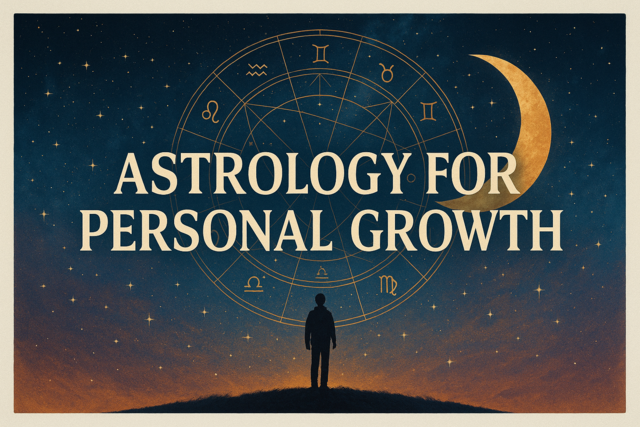 4 hours
0.4 CEUs
Astrology for Personal Growth
+ More Info
4 hours
0.4 CEUs
Astrology for Personal Growth
+ More Info
-
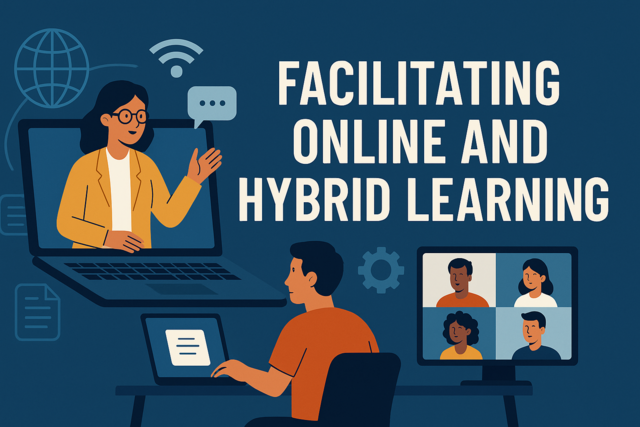 4 hours
0.4 CEUs
Facilitating Online and Hybrid Learning
+ More Info
4 hours
0.4 CEUs
Facilitating Online and Hybrid Learning
+ More Info
-
 4 hours
0.4 CEUs
Energy Medicine: Harnessing Your Body's Power
+ More Info
4 hours
0.4 CEUs
Energy Medicine: Harnessing Your Body's Power
+ More Info
-
 5 hours
0.5 CEUs
Personal Hygiene and Grooming Essentials
+ More Info
5 hours
0.5 CEUs
Personal Hygiene and Grooming Essentials
+ More Info
-
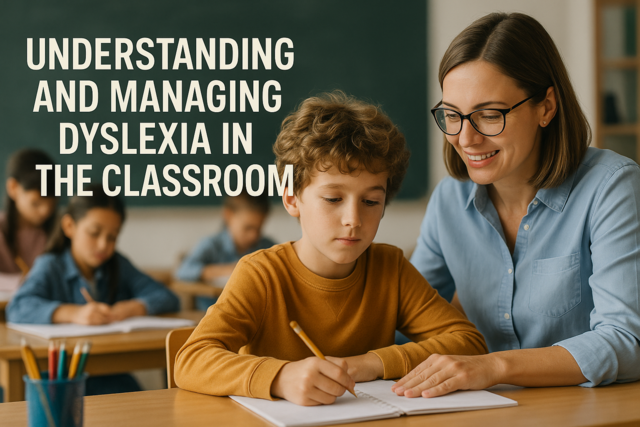 4 hours
0.4 CEUs
Understanding and Managing Dyslexia in the Classroom
+ More Info
4 hours
0.4 CEUs
Understanding and Managing Dyslexia in the Classroom
+ More Info
-
 5 hours
0.5 CEUs
Building Bridges: Techniques for Intergenerational Understanding
+ More Info
5 hours
0.5 CEUs
Building Bridges: Techniques for Intergenerational Understanding
+ More Info
-
 7 hours
0.7 CEUs
Mysteries of the Unexplained
+ More Info
7 hours
0.7 CEUs
Mysteries of the Unexplained
+ More Info
-
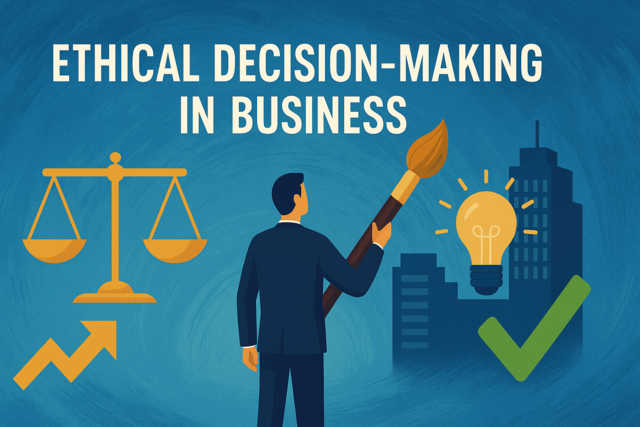 6 hours
0.6 CEUs
Ethical Decision-Making in Business
+ More Info
6 hours
0.6 CEUs
Ethical Decision-Making in Business
+ More Info
-
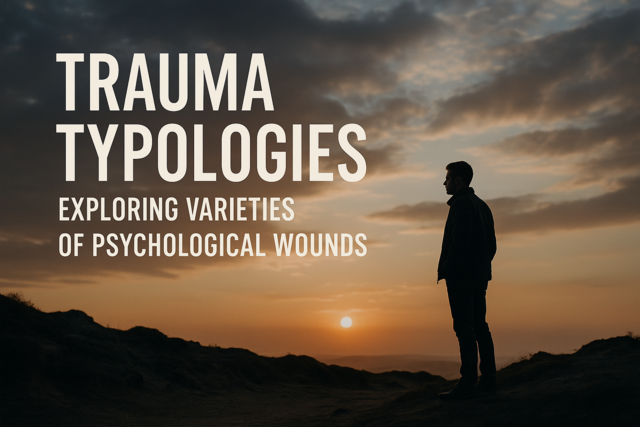 7 hours
0.7 CEUs
Trauma Typologies: Exploring Varieties of Psychological Wounds
+ More Info
7 hours
0.7 CEUs
Trauma Typologies: Exploring Varieties of Psychological Wounds
+ More Info
-
 4 hours
0.4 CEUs
Design Dynamics: The Rise of Contemporary Luxury Designers
+ More Info
4 hours
0.4 CEUs
Design Dynamics: The Rise of Contemporary Luxury Designers
+ More Info
-
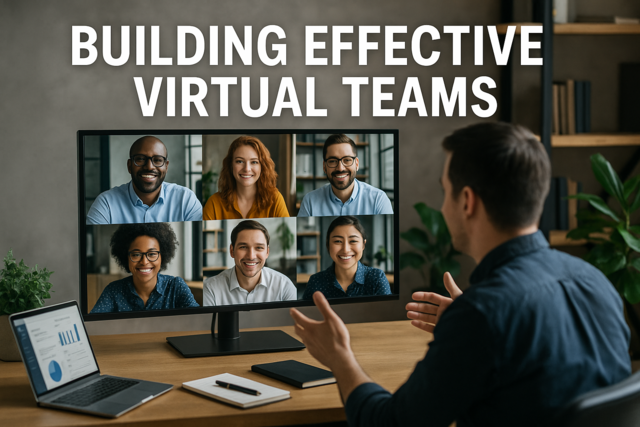 6 hours
0.6 CEUs
Building Effective Virtual Teams
+ More Info
6 hours
0.6 CEUs
Building Effective Virtual Teams
+ More Info
-
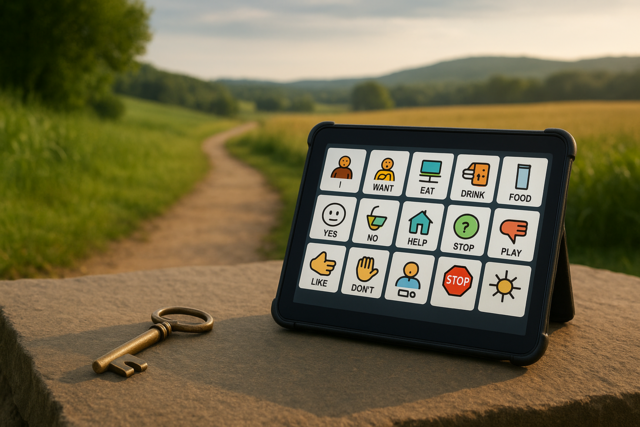 6 hours
0.6 CEUs
Assistive Communication Devices: Maximizing Potential
+ More Info
6 hours
0.6 CEUs
Assistive Communication Devices: Maximizing Potential
+ More Info
-
 7 hours
0.7 CEUs
Haute Couture Chronicles: Inside the World of Luxury Brands
+ More Info
7 hours
0.7 CEUs
Haute Couture Chronicles: Inside the World of Luxury Brands
+ More Info
-
 7 hours
0.7 CEUs
The Art of Manifesting Your Dreams
+ More Info
7 hours
0.7 CEUs
The Art of Manifesting Your Dreams
+ More Info
-
 7 hours
0.7 CEUs
Stress Less: Mindful Techniques for Family Harmony
+ More Info
7 hours
0.7 CEUs
Stress Less: Mindful Techniques for Family Harmony
+ More Info
-
 4 hours
0.4 CEUs
The Love Language Challenge: Transform Your Relationship
+ More Info
4 hours
0.4 CEUs
The Love Language Challenge: Transform Your Relationship
+ More Info
-
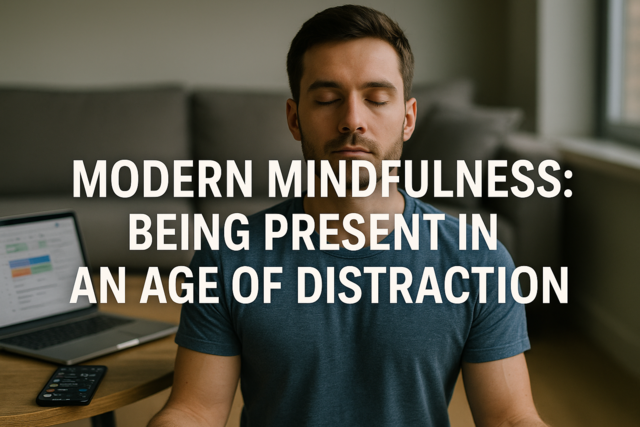 7 hours
0.7 CEUs
Modern Mindfulness: Being Present in an Age of Distraction
+ More Info
7 hours
0.7 CEUs
Modern Mindfulness: Being Present in an Age of Distraction
+ More Info
-
 7 hours
0.7 CEUs
The Capsule Wardrobe: Streamlining Luxury with Style
+ More Info
7 hours
0.7 CEUs
The Capsule Wardrobe: Streamlining Luxury with Style
+ More Info
-
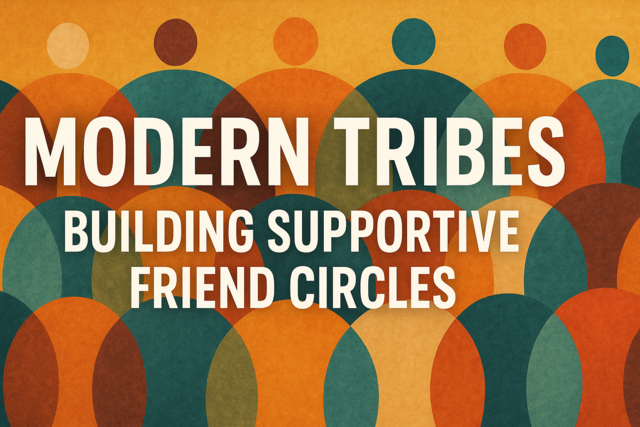 6 hours
0.6 CEUs
Modern Tribes: Building Supportive Friend Circles
+ More Info
6 hours
0.6 CEUs
Modern Tribes: Building Supportive Friend Circles
+ More Info
-
 6 hours
0.6 CEUs
Embracing Digital Transformation
+ More Info
6 hours
0.6 CEUs
Embracing Digital Transformation
+ More Info


